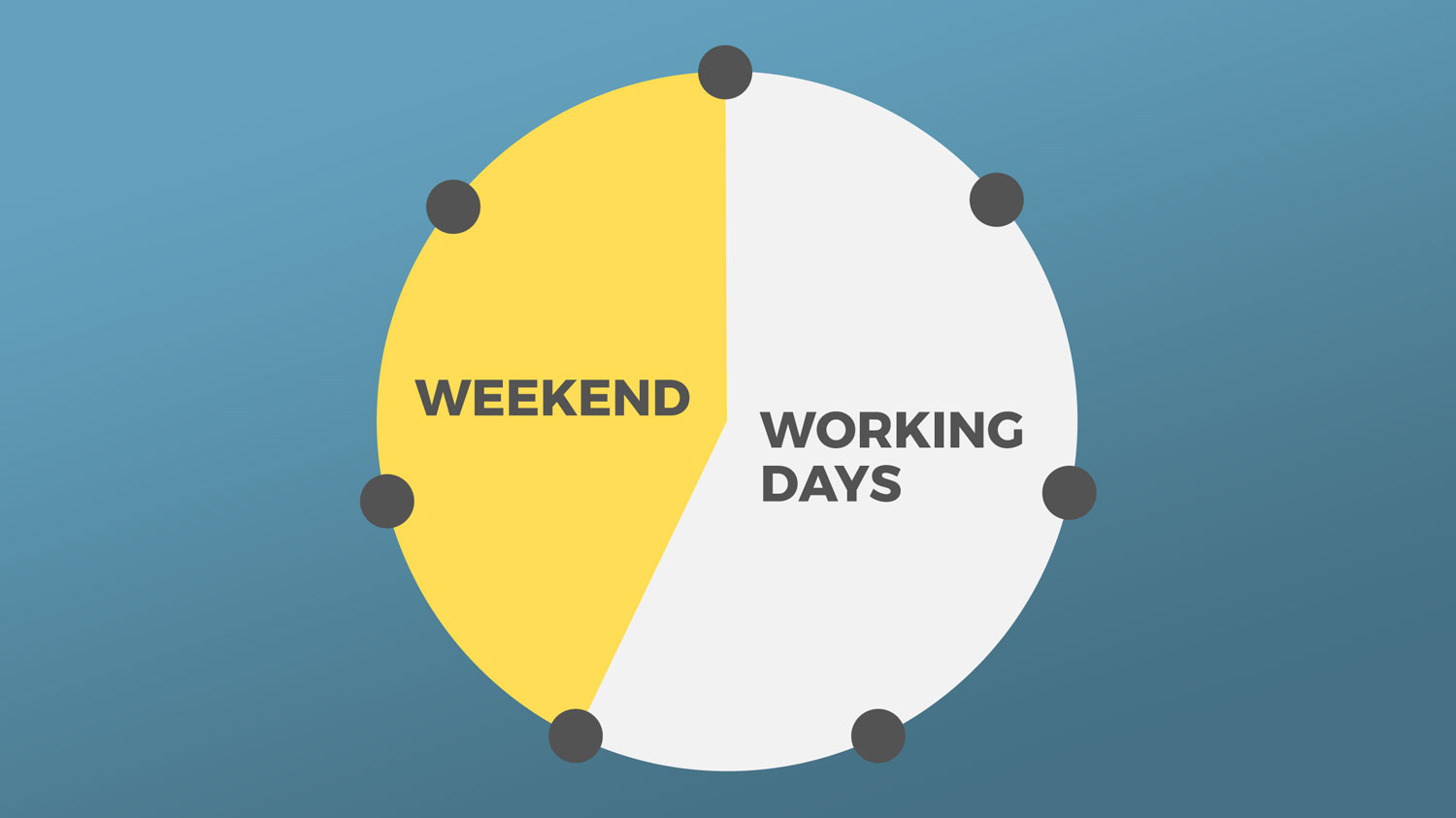
Remote working to be scaled back after pandemic, says 66%
New research conducted by Ipsos on behalf of GoodShape between August and November 2021 has revealed that most business leaders expect remote working, mental health initiatives and other COVID-19 policies to be reduced as the pandemic comes to an end.
The survey of 750 UK managers, HR professionals and executives (which was conducted before restrictions were lifted in England) found 66% believed remote working would be scaled back when the pandemic came to an end, while 57% said the same for flexible working.
More than half (56%) also thought mental health initiatives would be cut, and 63% said they expected their company to withdraw occupational health services.
Claire McCartney, senior policy adviser for resourcing and inclusion at the CIPD, said:
“Many employees now expect better flexibility in their jobs, so taking away flexible working arrangements could mean organisations will struggle to recruit or retain talent in an already tight labour market and it may also have a negative impact on people’s wellbeing and work-life balance. Organisations should be looking at how they can adopt new ways of working to foster a more inclusive, diverse, and engaged workforce.”
Scaling back flexible working arrangements and other employee support introduced as a result of the pandemic seems counterintuitive, based on the benefits such initiatives have brought. The restrictions imposed during the COVID-19 pandemic have changed the way many office-based staff work. In March 2020, the Government asked people to work from home if they could and at least 46% of the working population did so at some point during 2020 and 2021. According to numerous surveys undertaken over the last two years, many workers don't want to go back to their traditional working patterns.
Organisations have had to have a major re-think about how they want their workplaces to function in the long term. Many are considering introducing agile and hybrid working patterns to give staff the option of combining working from home with going into the office. A Flexible Working Bill, which would mean all staff would be entitled to flexible working from day one of employment, was read to the House of Commons by Labour MP Tulip Siddiq in July 2021 and many expect this to become law in the near future.
At present, employees must have worked for the same employer for a minimum of 26 weeks to be eligible to make a flexible working request. Under the new Bill, employers would be required to offer flexible working arrangements in employment contracts and to explain what flexibility is available when advertising job vacancies.
All legal Coronavirus restrictions have now been lifted in England – including the requirements for individuals to inform their employer of a positive COVID-19 test or to self-isolate. Northern Ireland has also ended all legal Coronavirus restrictions, while Scotland and Wales are set to follow suit on 21 and 28 March respectively. However, ongoing guidance will still differ between the devolved nations.





